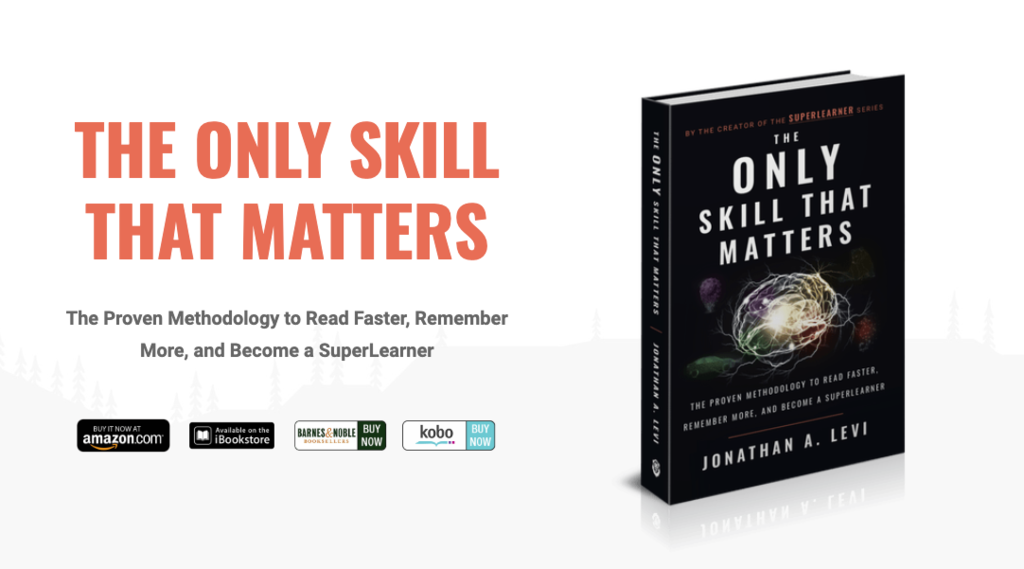“You learn something new every day,” or so the saying goes. But how many of us actually do?
That phrase usually is uttered when someone learns a lesson by accident. That’s an okay way to improve your knowledge base, but not very reliable in terms of being able to really learn a new skill or set of facts. You’re at the mercy of circumstances.
I have always preached the virtues of lifelong learning, and I mean intentional learning. If I want to learn a new language, new software or a new hobby, or improve my golf swing or my knowledge of a country I’d like to visit, I forge ahead with purpose. I want to know more. I work at getting the best information available and put it into practice. That is intentional learning.
Living in the information age makes lifelong learning easier than ever. Online classes, TEDtalks, YouTube instructional videos – you name it, the opportunities to soak up knowledge are unlimited on your own schedule anywhere you have Wi-Fi.
You can quite literally learn something new every day. And then what do you do with it?
I recently came across a wonderful book that takes it a step further, teaching how to read faster, remember more and become a “superlearner.” Author Jonathan Levi shares some useful methods in “The Only Skill That Matters” (https://superhumanacademy.com/book).
Levi explains, “Whereas it used to be only doctors and programmers who struggled to keep up with the pace of their field, today it’s almost everybody. Professionals in every industry who want to take their career to the next level are struggling to keep up with the work they already have – much less make time for ‘leisure’ learning like foreign languages, musical instruments, new skills, or pleasure reading.”
He quotes Alvin Toffler, author of “Future Shock,” who said “The illiterate of the twenty-first century will not be those who cannot read or write, but those who cannot learn, unlearn, and relearn.”
That’s a lot to absorb. For those who have practiced a skill for so long and need to retool, the challenges are considerable. But they are not insurmountable if you reprogram your brain to learn a new system.
As Levi puts it, “As a twenty-first century human you need to know how to navigate social relationships, get along with technology, stay informed about politics, obey laws, balance your finances, make smart career decisions, choose a healthy diet, and about a million other little skills that help you thrive in today’s world.”
Take those components one at a time and consider how many changes you have witnessed – had to unlearn/relearn – in a decade. That’s a tremendous amount of information to process.
Levi recommends you first answer a series of questions to help you plan before you dive into any learning project, because he cautions that learning something the wrong way can have permanent consequences. Among those nine questions are:
- Why am I learning this information, and how and when will I actually use it?
- What level of understanding do I need?
- How can the information be broken down into small parts, and then recombined into broader categories?
- What are the most important things to learn based on my personal goals?
Knowing that learning as an adult is radically different from learning as a child, I encourage you to explore these concepts and see how they change the way you approach a new topic. Levi’s methods just might make your next pursuit much more effective. He also has helpful advice on remembering what you have learned.
I am so grateful that starting with my mother – a teacher – I have been encouraged to keep learning even after my formal classroom education ended. It has a value that I cannot put a price on. So many times, a little knowledge about a topic has been a conversation starter or led to a sale. Other times, it just prepares me for unexpected opportunities.
So I have a challenge for you! In this New Year, resolve to learn something new, if not every day, then every week or every month. Develop your memory so that all your new knowledge doesn’t get filed in a far corner of your brain. Just keep learning.
Mackay’s Moral: As the saying goes, use it or lose it. As long as you’ve got it, use it!
